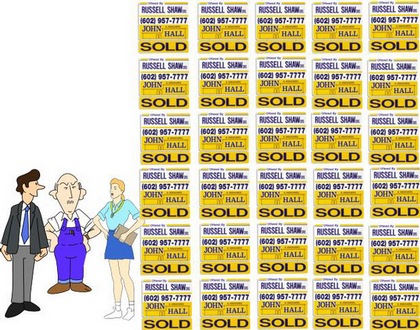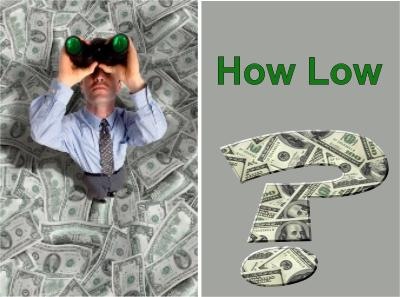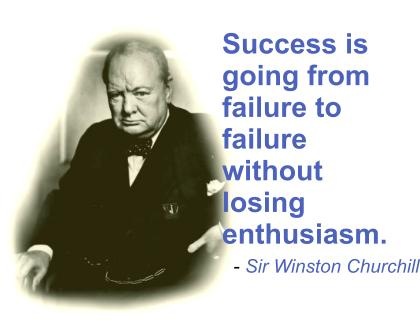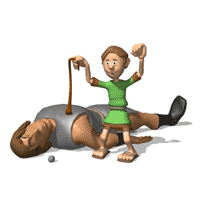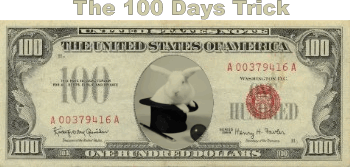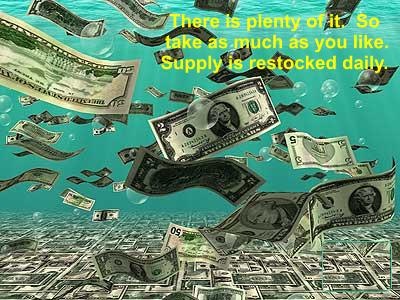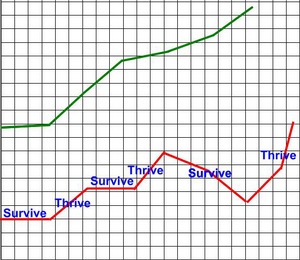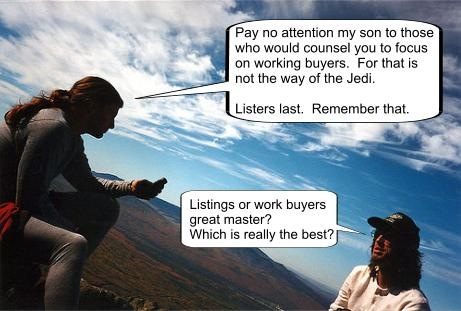
This post started as a comment in response to some of the comments to this post on Agent Genius.
Russell, in a matter of a few minutes, can give you the names of dozens of listing teams across the nation doing equal or far more business than he does. He can’t, however, do the same for buyer agent teams.
Correct. I am in the top 200 agents in the U.S. again this year. But I am not "the" top. Last year (2006 stats) I was number 25 in the team "sides" category. There were a number of people who beat me (in both volume and units) who only had one assistant and were not even competing in the team category. I don’t know of any high volume agent or team who has lasted, long term, that mainly works buyers. This isn’t to say that some mega teams that mainly work buyers don’t do very very well.
Am I all wet, Russell?
No, BawldGuy, completely dry. As usual, I pretty much agree with everything that you and Bill Lublin have to say.
Listing agents don’t need buyer’s agents whatsoever? That’s the biggest load of crap I have heard for quite awhile. I am willing to bet that there aren’t any listing agents (with the possible exception of bawld guy’s dad) doing hundreds of transactions who wouldn’t crash and burn if buyer’s agents didn’t sell most of their listings.
Allan Domb from Philadelphia: www.alandomb.com for years did not bother to even put his listings in the MLS. He sold them without the MLS. Long term, he is still one of the most successful Realtors to have ever lived – he was doing over 1,000 deals a year 20 years ago. He does more than that today but doesn’t still enter "contests" (like me:-)
How many of your listings do you sell yourself Russell? I am sure you can give us an exact number.
Less than 15% To me, using MLS is much easier. That isn’t to say if the DOJ/FTC had managed to "change everything" I wasn’t fully prepared to withdraw from the MLS. But thanks for asking so nicely.
The thing that is tiresome is that a lot of the people doing mega listing business have this arrogant superiority complex that their way is the only way.
I am not one of those people. I have never claimed my way was the "only way". It isn’t. There are lots of ways. None of them require my blessing. However, I am flatly stating that if an agent’s primary emphasis is on correctly working listings vs. working buyers, it is better, easier, more profitable, more conducive to being run like any other successful business (owner can be gone and still make just as much money), and there might actually be something to sell to someone else when retirement time comes around.
There are plenty of people who make a great living working with buyers without investing 60 hours a week in the process. The trick is very similar to what it takes to be a good listing agent. Not working with just anyone, but learning how to generate enough buyer leads that you can afford pick and choose and only work with motivated buyers who are ready willing and able to make a decision.
No disagreement whatsoever with the above statement. But if you need to be gone for 6 – 9 months (like I did in 2001 when I had cancer) it is much much easier if the business is listings based to continue making money while not there.
A lot of people think the only way you can find buyers is by having listings. That is just simply not true.
Correct. Pay Per Click, SEO optimization, blogging – just to name a few. But the "thing" being offered as bait to the buyer is still a house. It makes no difference if that house is listed by you, your company or some other company. Buyers respond best to houses. Therefore – for optimum profit – it makes sense to have houses for them.
I don’t want to spell out exactly how it can be done, but trust me there are ways to advertise that will have your phone or email ringing off the hook. Then you can sift through the leads and find folks who have to move by a certain date, and have the money in hand.
I always do both. I generally have had between 10 and 20 good listings at all times for the last twenty years, and I am always working with at least 5 buyers.
I really don’t believe you and I have any real disagreement. You take and market listings and have lots of buyers that you sell homes to. Your business is listings based. Even if you are currently selling more houses to buyers than you are listing. My point wasn’t "don’t sell houses to buyers" but take salable listings. Anyone who believes there is some downside to taking salable listings has a false idea. That was – and still is – the main point of my original post.

